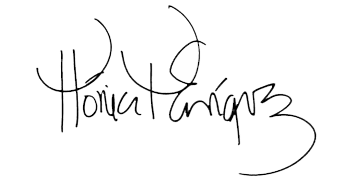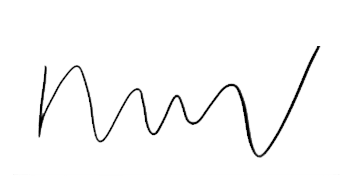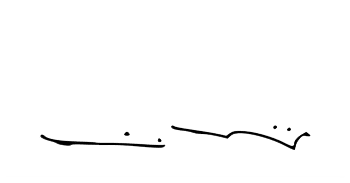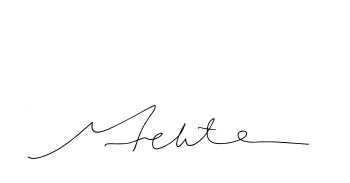This site highlights a remarkable piece of research conducted by Jeannette Tineo Durán and a team of 16 Black women academics, artists, and activists from Latin America and the Caribbean. It surfaces Black women’s realities and organizing across 17 countries in the regions; the dynamic work they are doing on multiple human rights and social justice issues – and the almost total lack of funding for their leadership and activism.
The truth is that private philanthropy has overlooked Black feminist movements in these regions. Globally, the situation is similar: the Black Feminist Fund found that a mere 0.1 – 0.35% of foundation giving went to Black women, girls, and trans people in 2018. While there are encouraging signs that the gap between funders and Black women-led groups in Latin America and the Caribbean is narrowing, much remains to be done.
The insights in this research are a call to action for funders to prioritize Black feminist organizing in the regions and bolster the global funding landscape for Black feminist movements. Every funder working in Latin America and the Caribbean has a role to play.
This is not only an ethical call to action but also a strategic one. As the Black Feminist Fund puts it, “When Black feminists win, democracy wins, inequality loses, and justice comes closer to our reach.”
Foundation for a Just Society (FJS)’s Mesoamerica program and Wellspring Philanthropic Fund’s Women’s Rights program commissioned this research in 2019 because we knew we had our own work to do to show up for the fullness of feminist movements in the regions. Even as gender and racial justice funders with stated priorities of resourcing Black feminist movements, we needed to better understand local movement contexts; develop data systems that allow us to assess our funding for Black women as a unique population; and identify new pathways to increase our funding for Black feminist work.
Despite being prime targets for racist aggressions by the State and in social life, Black women are leading powerful work on nearly every issue of interest to philanthropy – human rights, economic justice, gender justice and LGBTQI rights, territory and land defense, climate change, civic participation, and more. The fluidity and diversity of their organizing requires an equally fluid and diverse approach by funders – and this will take intent, effort, and time. As you read, you will find multiple entry points and steps you can take to begin or deepen your support. We urge you to commit to at least one or two.
This journey has deepened Wellspring and FJS’s commitments to resourcing Black feminist organizing. And still, we have a lot more to do to actualize it. We seek to grow our direct funding for Black women-led groups in the regions. We also want to explore how we can co-create new groundswells of support for Black feminist organizing – locally-grounded funding mechanisms that center Black women’s leadership and visions.
This resource is both an offering and directive for those working to realize a just world. When we center the visions and leadership of those most impacted by injustice, we all win.
As we take steps towards realizing our own commitment to resourcing Black feminist movements in Latin America and the Caribbean, we invite and urge you to join us.

mónica enríquez-enríquez
Senior Program Officer, Mesoamerica, FJS

Nicky McIntyre
Chief Executive Officer, FJS

Maitri Morarji
Director of Programs, FJS

Betsy Hoody
Senior Program Officer, Women’s Rights, Wellspring

Manisha Mehta
Director, Women’s Rights, Wellspring
We are grateful that you joined us in exploring this resource and hope you have connected with the insights and recommendations shared.
If you would like to access the original research in Spanish, which contains rich mappings of specific countries and subregions as well as articles on key topics, we warmly invite you to reach out to mónica enríquez-enríquez at menriquez @ fjs.org.
There are entry points for all of us here. We hope this resource sparks many conversations and much action that will collectively lead to abundant resourcing for Black women’s liberatory work.